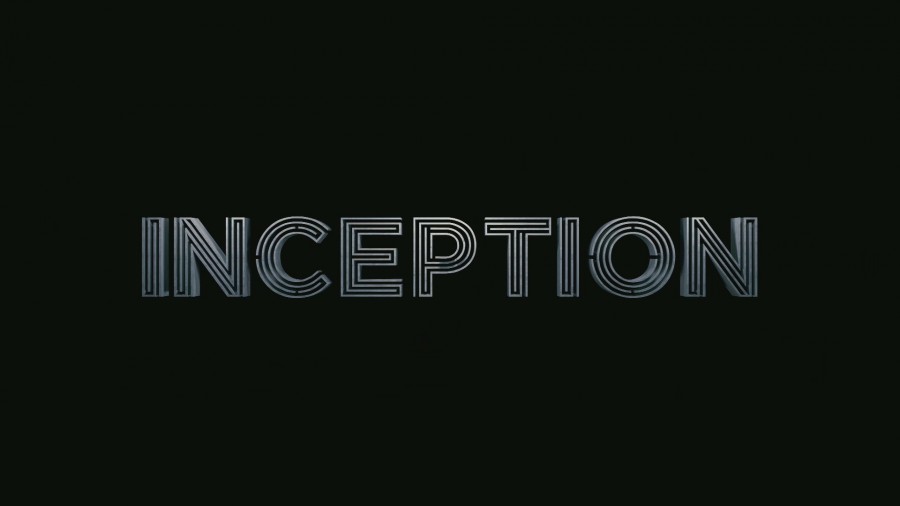Staff Picks: Inception
February 17, 2016
You mustn’t be afraid to dream a little bigger, darling,” says Eames, deep in the recesses of another person’s mind. Or perhaps, this is Christopher Nolan, the screenwriter, producer, and director of the film, addressing the creative paralysis of filmmaking — a paralysis he has defied with Inception.
As any moviegoer with the slightest knowledge of Nolan films should expect, Inception contains layers and layers of plot devices. All interconnected, dreamers struggle to withstand time, trust, reality and the chilling stare of Marion Cotillard’s face. Trust me. It makes sense. Just like a half-remembered dream, we are thrown into the chaos of the story.
Dominic Cobb (Leonardo DiCaprio), an expert in mental espionage, has failed to extract vital intelligence from the mind of a powerful business leader. Unlike tangible objects, stealing ideas and information from the human subconscious is not a small feat — especially when failure jeopardizes the lives of the ones doing the stealing. And the corporation demanding this information from Cobb cannot accept inadequacy. He and his accomplices are forced to flee. Attempting to fly under the radar of Cobol Engineering, Cobb finds refuge in the very man he was employed to withdraw intelligence from: Saito (Ken Watanabe).
Seemingly unscathed by attempted mind theft, Saito is willing to offer them legal solitude in exchange for inception: inconspicuously planting an idea in someone else’s subconscious. It is in this instance that we are made aware of the depth of this proposal that could change a man’s life and learn that the dream world elicits the same domino effect. As Cobb and his team dare to go deeper into their lucid crime scene, Cobb is forced to confront his past — which has been nothing but a blur of regret to audiences. It is here we are struck by the concept that inception is not only a gateway to freedom but a window to perilous guilt. And Cobb has no choice but to find liberation in the very idea that sent his life spiraling into destruction.
Any screenplay, no matter how exceptional, is nothing if not coupled with a musical score of the same stature. Consequently, it was only suitable for a script of such complexity to be brought to life by a composer such as Hans Zimmer. Almost effortlessly, Zimmer throws audiences into the dream state of the film — giving a much deeper meaning to the phrase “post-movie trance”. We are moved to feel the weight of every plot twist as a result of this striking score ringing in our ears, and we welcome it. And, not only does Zimmer explore the largeness of music but also the soul-searching sounds of silence.
Moviegoers are compelled to acknowledge the effect of a quiet room — forced to feel the story in their very bones. To articulate what it feels like to encounter this cohesion at work would be impossible. It can only be witnessed firsthand in order to be appreciated in its full capacity. Often times, tears, gasps and thoughts — cultivated long after the movie ends — are the only ways to reflect on such an experience. Needless to say, Zimmer and Nolan are a match made in Heaven.
Christopher Nolan institutes his trademark to filmmaking not only in his distinguished plot development and unparalleled original scores but in his cinematography. Characterized by a story so enthralling, it can only be expected that Inception exudes hypnotizing film sequences and beautiful film composition. And that it does.
Throughout the film, the idea that dreams are almost indistinguishable from reality is prevalent. Thus, head cinematographer Wally Pfister spared no expense in fabricating the perfect dream world. From powerful but subtle undertones to a grand, zero-gravity hotel hallway, Inception’s visual aesthetic has left its mark on the movie-making world. And it is often the undetected, not the obvious, that sets this film apart.
Much like the plot of the film, Inception started with an idea: dreams. Despite the inherent optimism of the concept, Nolan creates a battleground out of the mind with time on the front line. And just as the characters enter a stunning but uncertain dream state, he invites his audience to a film of equally captivating caliber.






